Marble, renowned for its intrinsic beauty and timeless elegance, is a popular choice for floors, countertops, and other surfaces in both residential and commercial spaces. However, marble requires diligent care to preserve its allure and durability over time. Here’s a comprehensive guide on maintaining marble finishes to ensure they remain pristine for years to come.
Daily Care and Cleaning for Maintaining Marble
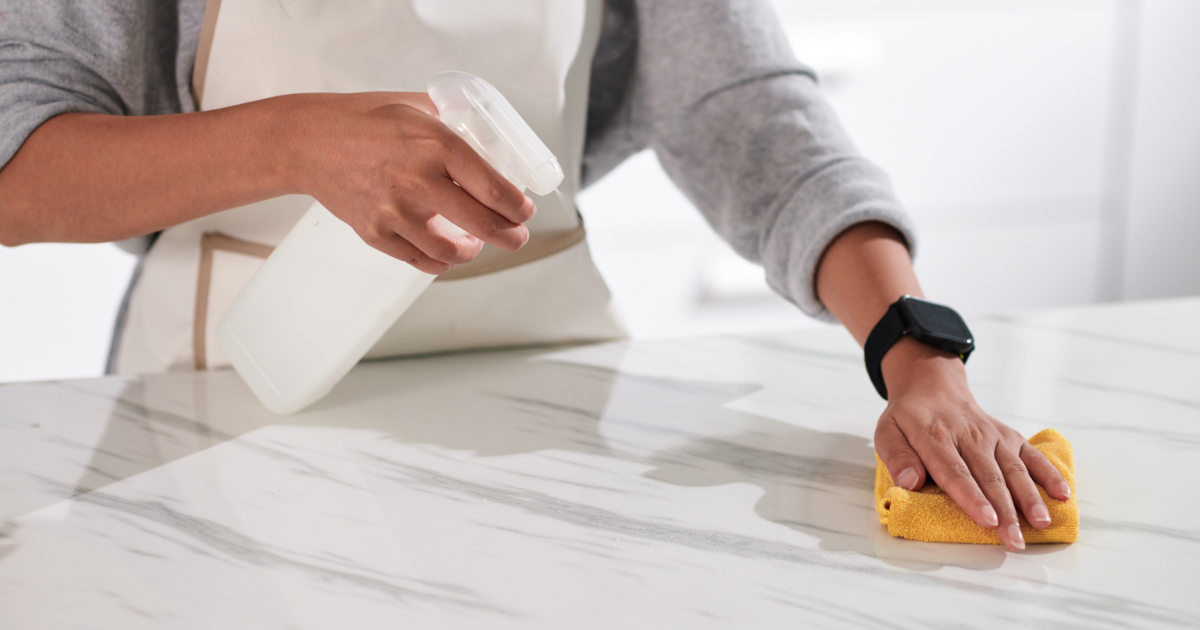
1. Blot Spills Immediately
Marble is particularly vulnerable to acidic substances like wine, coffee, fruit juices, tomato sauce, and soda, as well as to oils. Always blot spills up promptly with a soft cloth.
2. Clean Surfaces with a Mild Detergent or Stone Soap
Use a soft cloth and a few drops of mild dishwashing liquid or stone soap mixed with water for cleaning. Rinse the surface thoroughly afterward and dry with a soft towel to prevent water spots.
3. Avoid Acidic and Abrasive Cleaners
Never use vinegar, lemon juice, bleach, ammonia-based cleaners, or abrasive cleaners on marble. These can etch the surface, dulling the finish.
Preventing Damage to Your Marble Surfaces
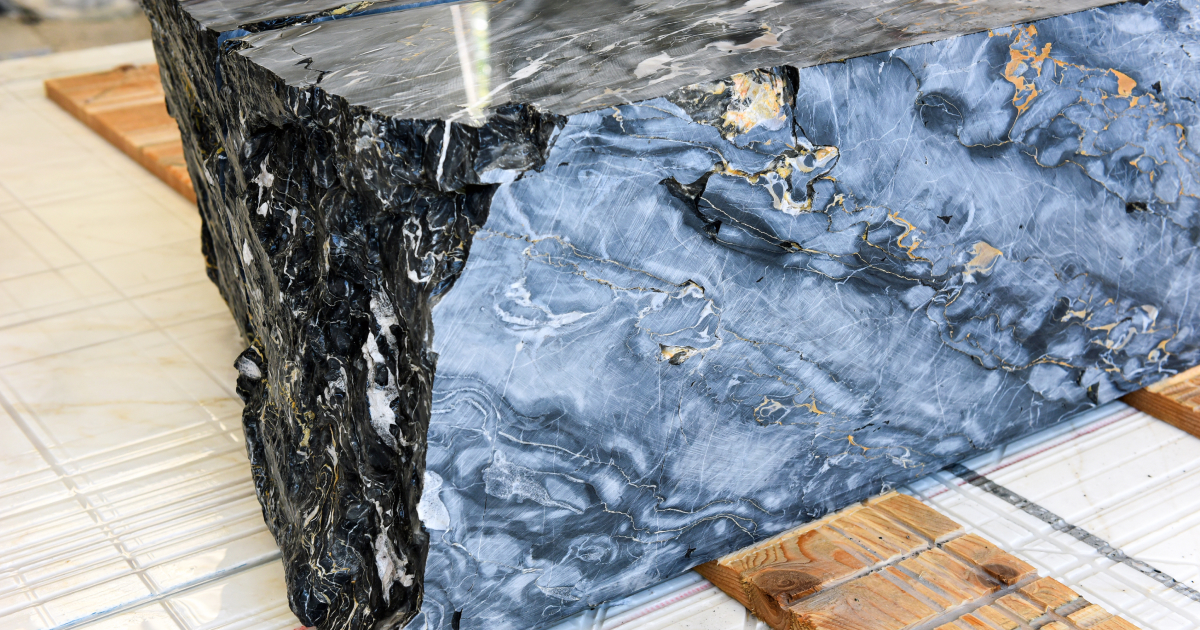
1. Use Coasters and Trivets
Protect marble surfaces by using coasters under all glasses, particularly those containing alcohol or citrus juices. Hot dishes and cookware should be placed on trivets or mats to avoid heat damage.
2. Implement Protective Barriers
For marble floors, use non-slip mats or area rugs in high-traffic areas. On marble countertops, use cutting boards when preparing food to prevent scratches.
3. Avoid Sitting or Standing on Marble Countertops
Marble can crack under excessive weight. Never stand or sit on marble countertops to reach upper cabinets.
Polishing Techniques for Maintaining Marble Shine
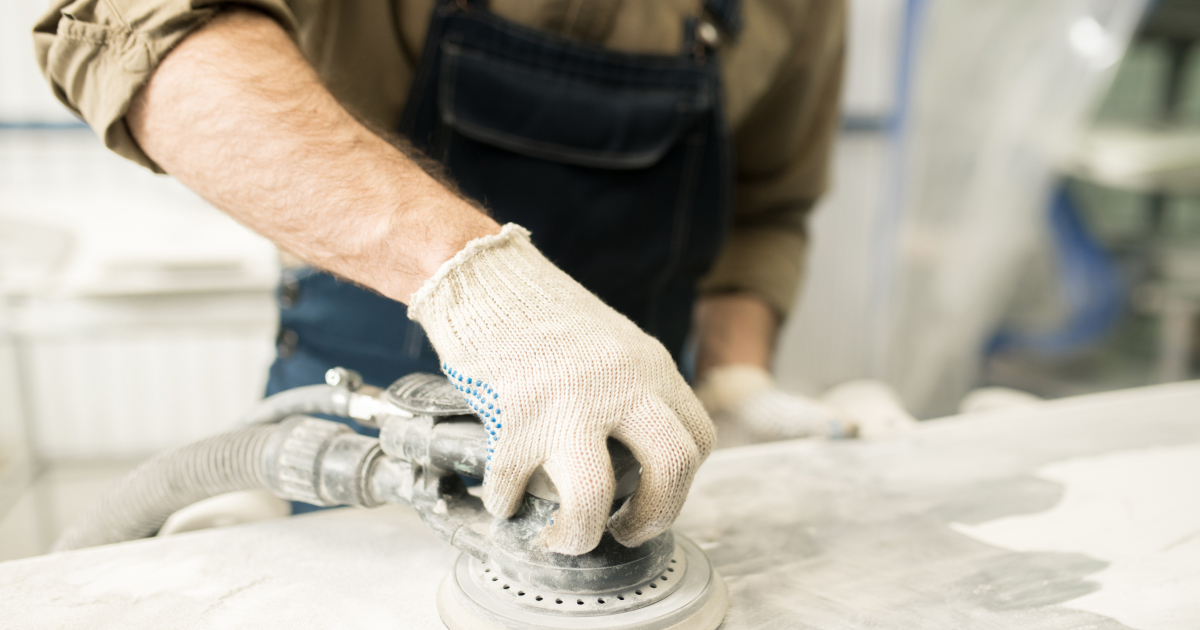
1. DIY Polishing
For minor scratches and dull spots, you can use a marble polishing powder. Follow the manufacturer’s instructions carefully, and use a soft, clean cloth for application.
2. Hire Professionals for Deep Scratches or Dullness
For deeper scratches or extensive dullness, it’s best to hire a professional marble restorer. They have the tools and expertise to polish marble surfaces without causing further damage.
Sealing Marble for Long-Term Maintenance
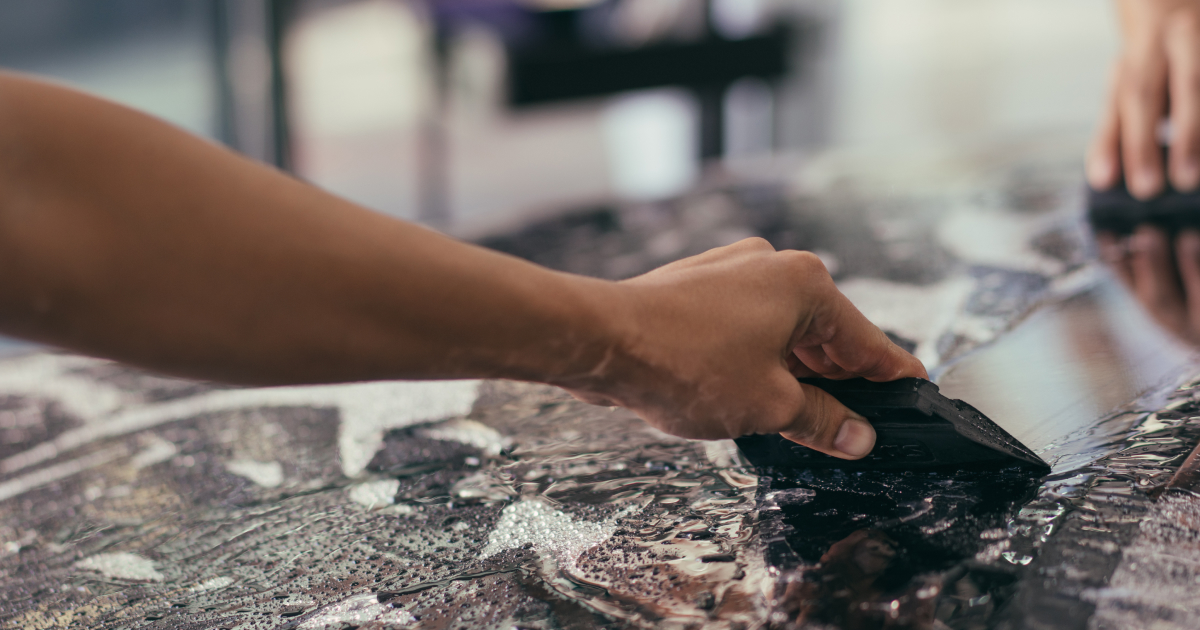
1. Test if Sealing is Needed
Perform a water test to see if your marble needs sealing. Place a few drops of water on the surface; if it beads up, the seal is still effective. If the water soaks in, it’s time to reseal.
2. Use a High-Quality Marble Sealer
Choose a sealer designed for marble. Apply it according to the manufacturer’s instructions, usually once a year, to protect against staining.
Dealing with Stains and Etches in Marble
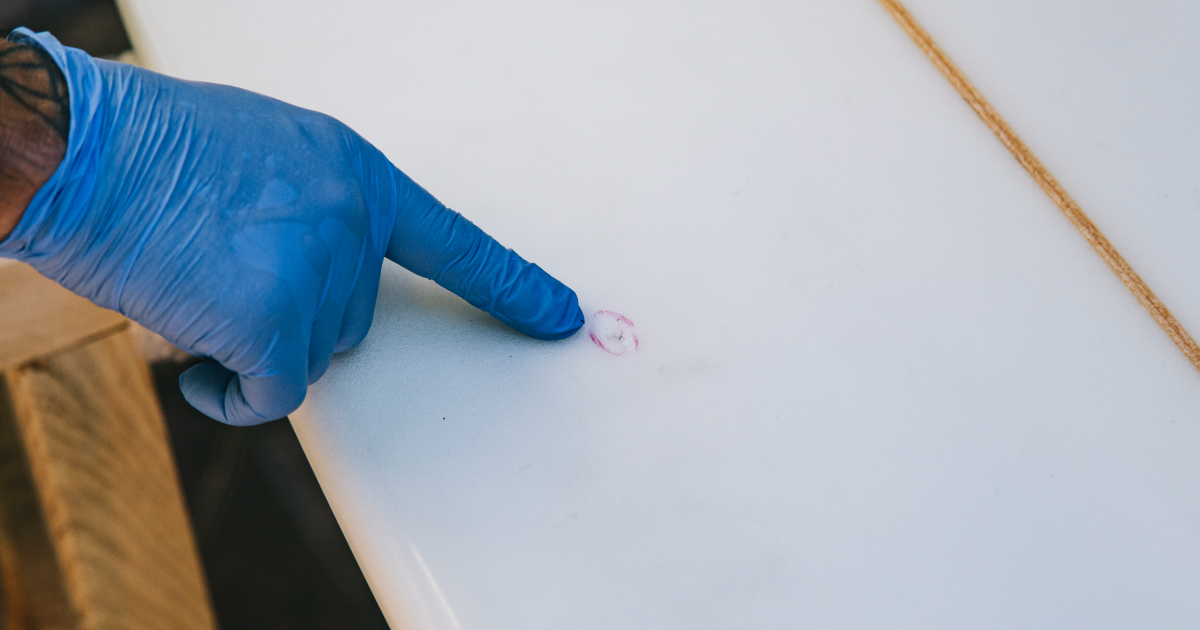
1. Poultice for Stains
For stains, make a poultice from baking soda and water, apply it to the stain, cover with plastic wrap, and leave it for 24 hours. Remove and rinse with water.
2. DIY Remedy for Etching
Light etching can be treated with a marble polishing powder. However, deep etches require professional refinishing.
Regular Maintenance Practices for Marble
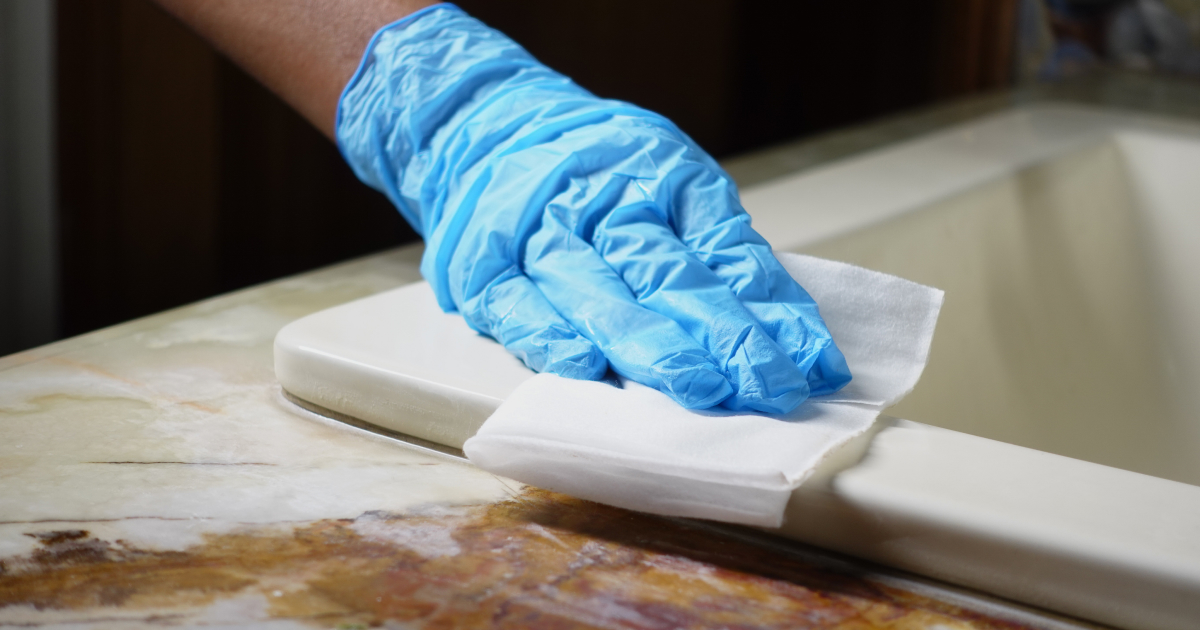
1. Dust Mopping Floors
Use a dry, non-treated dust mop regularly on marble floors to remove dirt and debris that can scratch the surface.
2. Routine Inspections
Regularly inspect marble surfaces for signs of damage. Early detection of potential issues like cracks or stains can prevent more significant problems later.
Caring for marble doesn’t have to be complicated. With these tips, you can maintain the beauty and integrity of your marble surfaces, ensuring they last a lifetime. Always remember, when in doubt, consulting with or hiring a professional for maintenance and repairs is the best course of action to preserve the quality and appearance of your marble.




